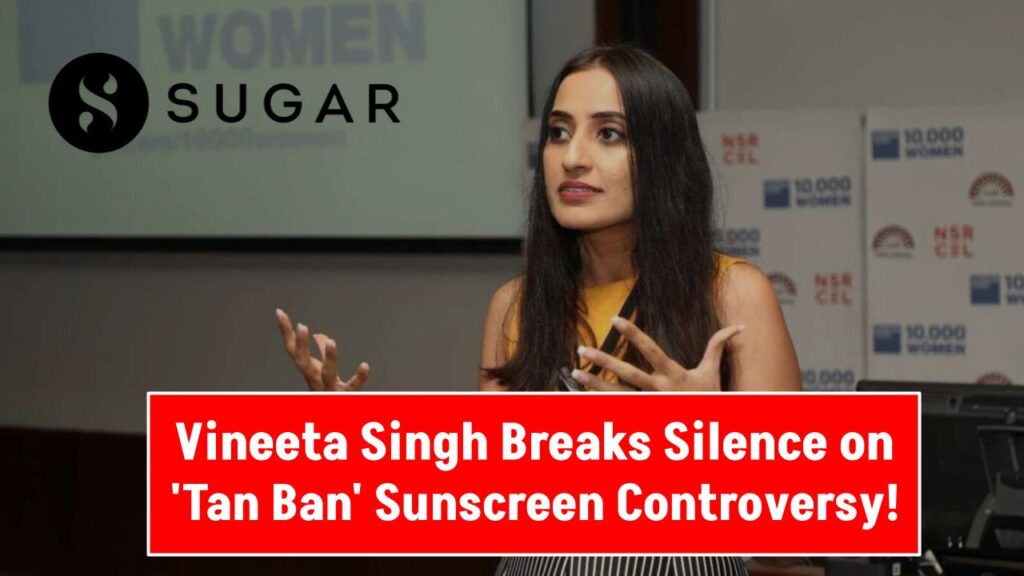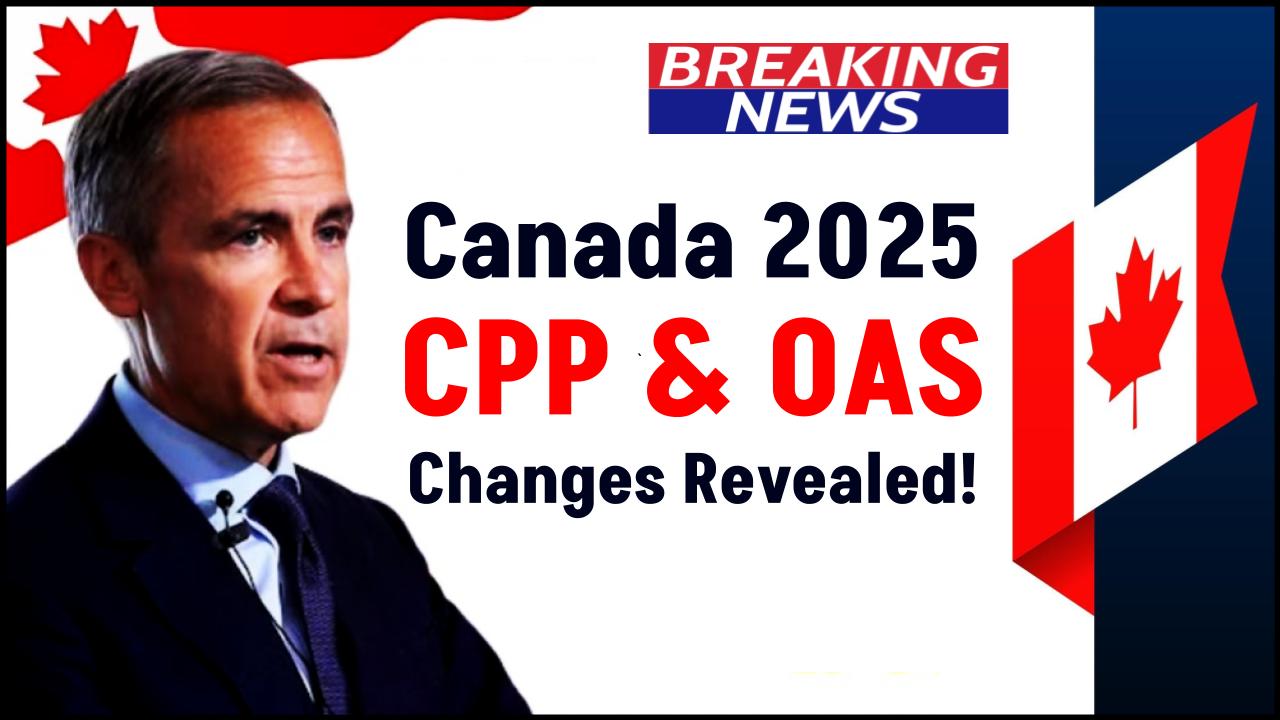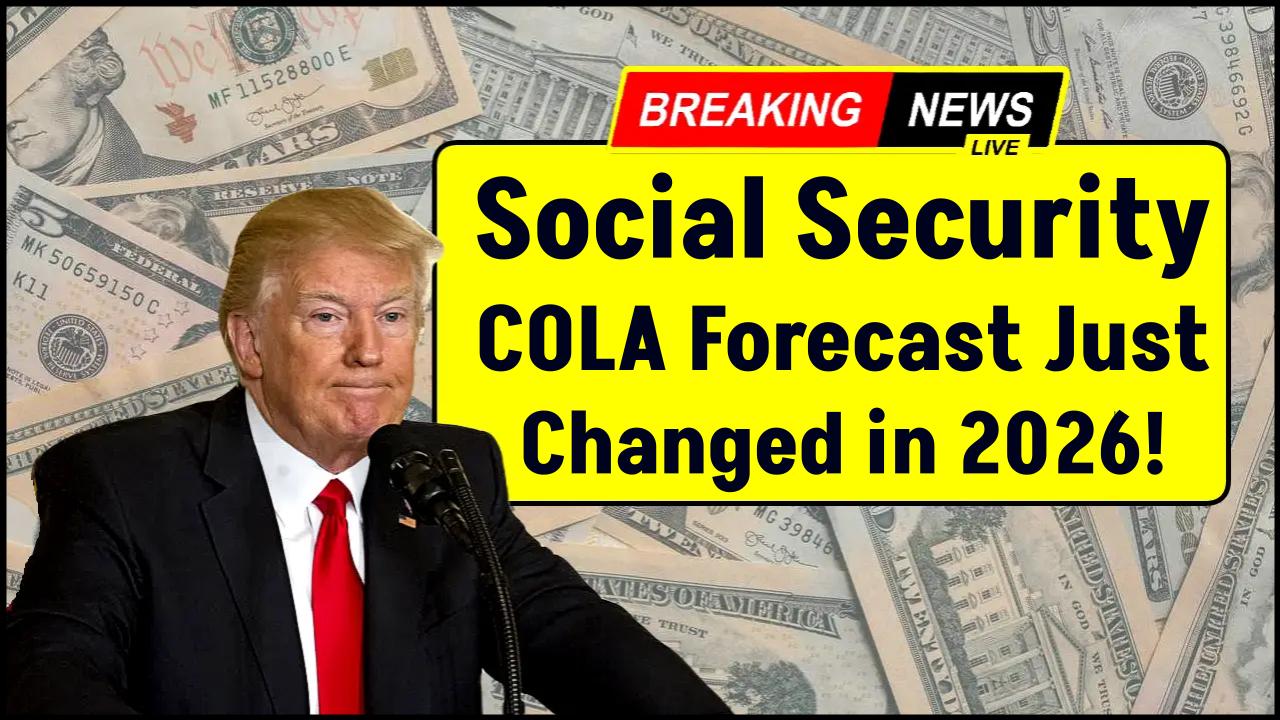Vineeta Singh Breaks Silence: Vineeta Singh, CEO of Sugar Cosmetics and a well-known judge on Shark Tank India, recently broke her silence on the backlash surrounding her brand’s controversial sunscreen product named “Tan Ban.” The product sparked widespread criticism for promoting a message that some viewed as colorist, implying that tanned or darker skin is undesirable. In this article, we delve into the controversy, Vineeta Singh’s response, public reactions, and what professionals in the beauty and marketing industry can learn from this situation.

Vineeta Singh Breaks Silence
| Topic | Details |
|---|---|
| Controversy | “Tan Ban” sunscreen criticized for promoting colorism |
| Vineeta Singh’s Role | CEO of Sugar Cosmetics, Judge on Shark Tank India |
| Public Response | Mixed: initial backlash, later appreciation for accountability |
| Company Action | Reviewing future campaigns and product names |
| Key Quote | “Our intent was never to promote colorism… we will be more thoughtful.” |
| Product Status | No renaming yet; promotions paused |
| Official Source | Sugar Cosmetics Official Website |
The “Tan Ban” controversy surrounding Vineeta Singh and Sugar Cosmetics underscores the critical need for culturally sensitive branding in today’s socially aware consumer landscape. While mistakes can happen, it is how a brand responds that defines its integrity and future. By owning the misstep and pledging to do better, Vineeta Singh has taken a proactive step toward inclusive branding — and perhaps set a new standard for accountability in India’s beauty industry.
The ‘Tan Ban’ Sunscreen Controversy: A Breakdown
The skincare and beauty industry is no stranger to controversies, especially around product messaging and the promotion of beauty standards. Sugar Cosmetics’ “Tan Ban” sunscreen is the latest to face heat. The product was advertised as a solution to “ban the tan,” which didn’t sit well with critics who argued that this wording reinforces colorist ideologies — suggesting lighter skin is more desirable. Social media lit up with influencers and skincare experts pointing out the flaw in the marketing.
“It’s sunscreen, not a fairness cream. Why not educate about sun damage instead of banning a tan?” commented one influencer. This line of critique shines a spotlight on a broader cultural and industry issue in India’s beauty market, where fairness creams and “whitening” products have long dominated the shelves.
Vineeta Singh’s Response: Taking Accountability
Vineeta Singh addressed the growing backlash by issuing a statement on Instagram, saying:
“We’ve heard your feedback loud and clear. Our intent was never to promote colorism or negative associations with tanning. We will be more thoughtful with our product names and messaging in the future.” She clarified that the “Tan Ban” sunscreen is a broad-spectrum product, designed to protect against UVA and UVB rays, and not meant to lighten the skin. Despite that, Singh admitted the name was a misstep and promised a more thoughtful approach in future branding efforts. This level of transparency and acknowledgment is not only rare but also commendable in an industry where brand leaders often remain silent until the issue escalates.
The Industry Speaks: What This Means for Branding and Messaging
This controversy serves as a case study for marketers, entrepreneurs, and industry professionals. It highlights:
- The power of language in branding
- The responsibility companies have in shaping societal narratives
- The importance of diverse perspectives in campaign planning Here are three actionable tips for brands:
1. Conduct Cultural Sensitivity Reviews
Include a diverse team to review product names and campaign messaging. This reduces the risk of inadvertently promoting stereotypes or biases.
2. Educate Rather Than Alienate
Instead of framing a product as a solution to a “problem” like tanning, focus on the benefits such as sun protection, skin health, or hydration.
3. Respond Promptly and Authentically
As Vineeta Singh did, owning up to missteps and taking clear, corrective actions builds trust and credibility with consumers.
A Broader Look at Colorism in Indian Beauty Standards
India has a complex relationship with skin tone, and the beauty industry has historically catered to ideals that favor fairness. This includes:
- Decades of “fairness cream” advertisements
- Celebrity endorsements of lightening products
- Lack of diverse representation in media While there has been a slow shift toward inclusive beauty in recent years, cases like “Tan Ban” reveal that the industry still has a long way to go. According to a 2022 study by Mintel, nearly 60% of Indian women aged 20–35 felt pressured to lighten their skin tone. (Source: Mintel)
The Public Response: From Outrage to Appreciation
The backlash was swift, but so was the public’s appreciation when Singh responded. Many users posted on social media, thanking her for:
- Not dodging responsibility
- Promising action
- Being transparent with her audience This turnaround shows the power of genuine communication and serves as a lesson for brands: people appreciate honesty.
What’s Next for Sugar Cosmetics?
As of now, there is no official announcement of a name change for “Tan Ban,” but promotions have been paused. The company is reportedly:
- Re-evaluating its product naming process
- Training teams on inclusive marketing
- Gathering feedback from consumers for upcoming launches If handled correctly, this could become a turning point for Sugar Cosmetics to lead inclusivity in India’s beauty sector.
FAQs on Vineeta Singh Breaks Silence
What was the issue with Sugar Cosmetics’ “Tan Ban” sunscreen?
The name “Tan Ban” was criticized for promoting colorism by suggesting that tanning is something to be banned or avoided.
How did Vineeta Singh respond to the backlash?
She acknowledged the issue publicly, accepted the feedback, and promised more thoughtful branding in the future.
Is “Tan Ban” a fairness cream?
No, it is a broad-spectrum sunscreen intended for sun protection, not for lightening the skin.
Will the product be renamed?
There has been no official announcement yet, but the brand is re-evaluating its branding strategy.
What can other brands learn from this?
They can learn the importance of cultural sensitivity, transparency, and the impact of marketing language on public perception.





